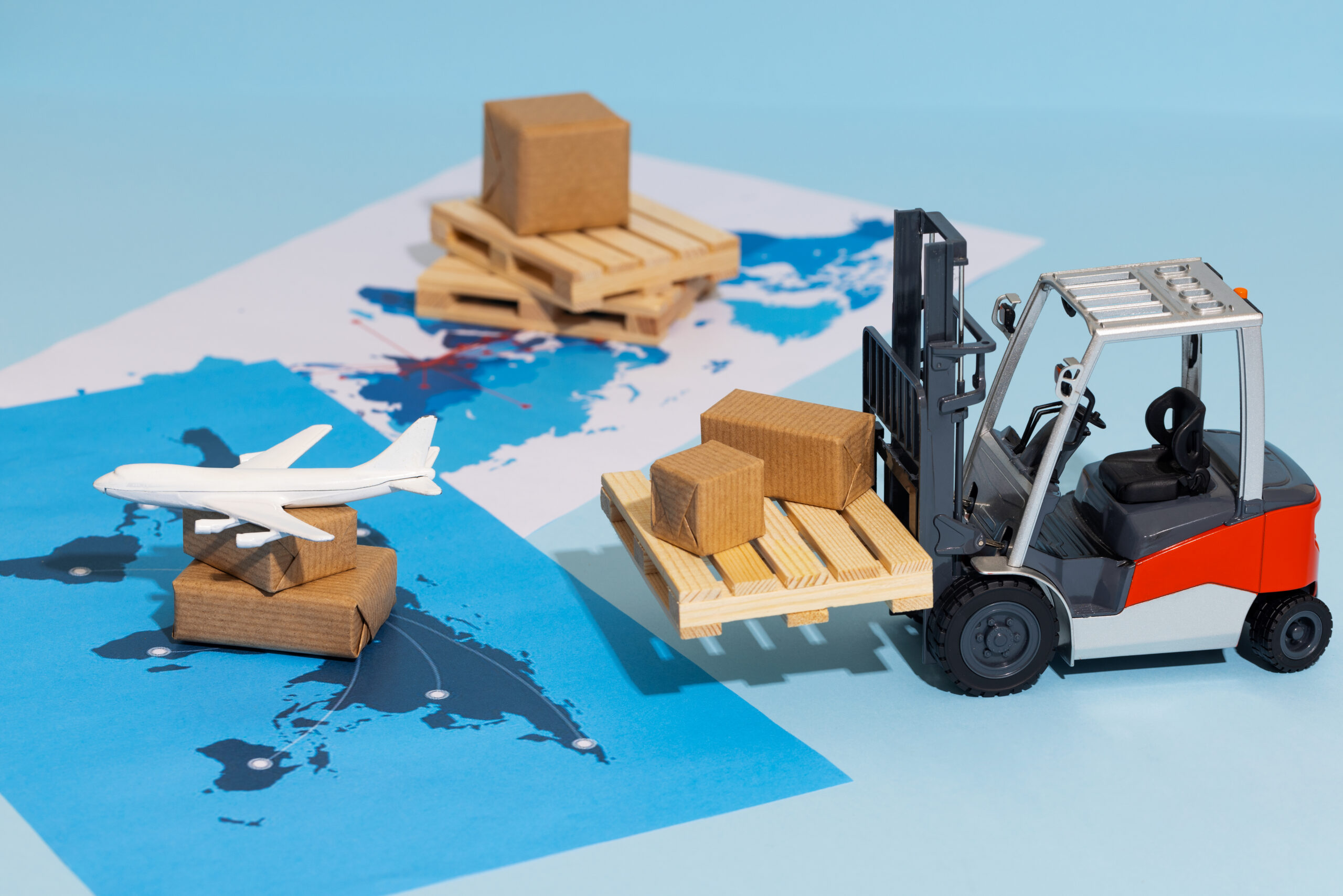
If you’ve ever thought about starting an import-export business or already stepped into the international trade world, you’ve likely heard the term customs clearance. But what does it really mean? Why is it so important? And how can a small mistake here cost you big time?
Let’s break it down in simple terms and understand why customs clearance is the backbone of every successful export-import transaction.
What Is Customs Clearance?
Customs clearance is the process of getting goods officially approved to enter or leave a country. It involves submitting documentation, paying duties or taxes, and ensuring that everything complies with the laws of the importing and exporting countries.
Think of it like airport security for your cargo — nothing gets through without the proper checks.
Why Customs Clearance Is So Important
Legal Requirement:
No goods can legally cross borders without going through customs. Skipping this step or making an error can lead to delays, fines, or even seizure of goods.Smooth Delivery:
With proper customs clearance, your shipments move quickly and efficiently. Delays in clearance can mess up your entire supply chain and cause financial losses.Avoiding Penalties:
One small mistake — wrong HS code, under-invoicing, or missing certificates — can attract heavy penalties or blacklisting.Building Trust:
Importers and exporters who follow compliance build long-term trust with shipping agents, freight forwarders, and clients.
What Does the Customs Clearance Process Include?
Here’s a simplified step-by-step overview:
1. Documentation Preparation
This includes:
- Invoice
- Packing list
- Bill of lading or airway bill
- Import/export licenses (if needed)
- Certificate of origin
- Insurance documents
Missing even one document can delay the clearance.
2. HS Code Classification
Every product has an international classification code (Harmonized System Code). This determines the duty you’ll pay. A wrong code = wrong duty + penalties.
3. Duty & Tax Calculation
Customs authorities calculate import duties and taxes based on:
- HS code
- Invoice value
- Insurance & freight costs (CIF value)
Paying the correct duty is essential for compliance.
4. Submission to Customs
A customs broker or CHA (Customs House Agent) files your documents with the customs department digitally.
5. Customs Inspection
Sometimes, customs physically inspect your goods to ensure declarations match the shipment.
6. Customs Clearance Certificate
Once approved, you receive a clearance certificate and can proceed with final delivery.
Common Customs Clearance Challenges
Even experienced traders face issues like:
- Misdeclared cargo
- Incorrect HS codes
- Unawareness of restricted or banned items
- Changes in customs laws in different countries
- Delays due to documentation issues
This is why practical training in documentation and customs clearance is essential if you want to avoid unnecessary headaches.
Why Beginners Struggle with Customs
Many beginners think exporting means just shipping the goods and waiting for payment. But real-world trade involves heavy documentation, government regulations, and understanding legal processes.
Without customs knowledge, you risk:
- Holding up your shipments at ports
- Damaging your client relationships
- Losing money in storage fees, penalties, or demurrage
So, if you’re serious about building a successful import-export business, you must learn customs clearance hands-on.
Learn Customs Clearance the Right Way with Yuva
At Yuva Training Institute of Import Export, we don’t just teach you theory — we give you real-world, practical training.
Our “Documentation and Customs Clearance” course, taught by expert Haresh Thule, covers everything you need:
- Live case studies
- Real shipping documents
- Customs regulations and compliance
- Port handling procedures
- Step-by-step training on CHA processes
Whether you’re a student, job-seeker, or aspiring entrepreneur, this training gives you the tools to handle your own shipments confidently — no need to blindly depend on others.
Final Thoughts
Customs clearance might sound boring or technical at first, but once you understand it, it becomes a powerful asset in your international trade journey. It can make or break your deal. That’s why top exporters invest time in learning the right process — and you should too.
If you’re dreaming of building your own export-import business or landing a solid job in the logistics/trade industry, customs clearance knowledge is your superpower.
Ready to Master Customs Clearance?
Join our practical export-import training program at Yuva and get hands-on knowledge that empowers your business or career.
👉 Visit Yuva Training Institute of Import Export today and take the first step toward becoming a customs-ready trader!
